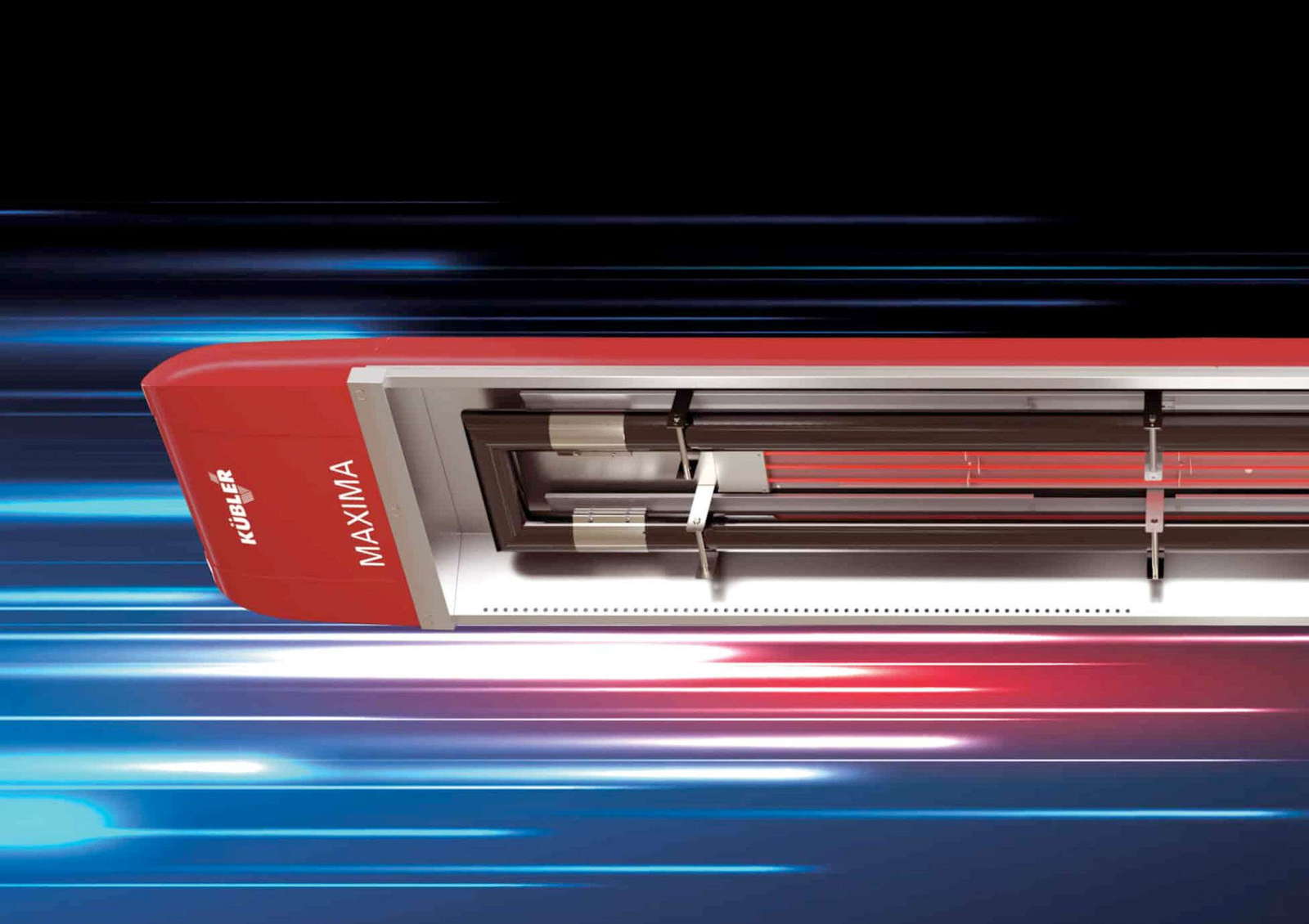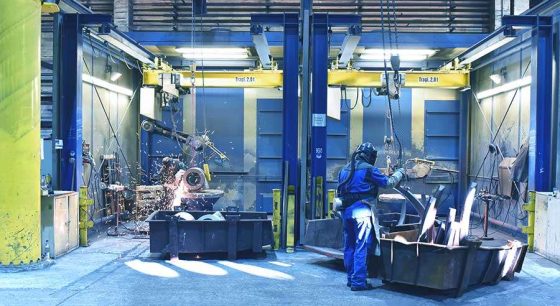Cleverly solve heating problems despite the crisis with a heating renovation

Around 360,000 hall buildings have been built in Germany since the 1960s - if you operate one of these, you have probably already got cold feet this winter. It is quite likely that the heating systems in these halls are over 20 years old and are likely to cause regular malfunctions or even production downtimes. Heating problems are on the daily agenda. Not to mention the high heating costs or the trouble with employees and the works council.
The question is: What prevents operators of production, storage or other hall buildings from switching to reliable and economically and ecologically modern heating technologies as quickly as possible in order to get rid of heating problems? The answer of many entrepreneurs to this question: "The high cost of refurbishing heating systems." Above all, the budget is lacking. Especially in such uncertain economic times. Who wants to invest during the crisis?
How to get rid of heating problems and even earn money with the right investment
What many people overlook or are unaware of is the great economic benefit of modernizing your heating system. Because not only can heating problems be avoided, you can even earn real money in the process. In most cases, the cost savings are between 40 and 60 percent - thanks in particular to reduced consumption costs. Refurbishment also becomes much more exciting if it is planned as a rental model. This is because there are no investment costs. As a company, you can eliminate heating problems with very little effort and save a lot of money at the same time.
No more heating problems - a practical example from Hesse
Two years ago, a large company in Laubach, Hesse, decided to renovate its outdated heating system as part of a rental concept. The company is extremely satisfied, as the heating problems have disappeared and major savings have been made. The director of production:
"Especially in difficult times, renting heating is a great business model. A) you have no investment. And B) it allows you to change the technology anyway and make savings."
The refurbishment has also paid off economically. The company is pleased with the cost savings of 45,000 euros per year - after deducting the rent.
If you would like to find out more about how to get rid of heating problems in your company, just take a look at Contact us with us. We will be happy to advise you on heating modernization and the lucrative rental model.
By the way: The next hot tip around the topic Hall building & Energy efficiency we'll tell you next time.
-
The Federal Ministry for Economic Affairs and Climate Protection has been honoring the commitment of industry and research to climate and environmental protection for many years with the IKU - the German Innovation Award for Climate and the Environment. The 21 nominees include many big names as well as a medium-sized company: KÜBLER GmbH from Ludwigshafen. It specializes in the development of energy-saving hall heating systems and entered the competition with HeizWerk, a smart solution package for industry. Behind this is nothing less than a clever concept for energy-efficient refurbishment in production, storage and other hall buildings without the need for capital expenditure.
-
Dust-intensive work is not uncommon in production processes. It can become a burden - for people and for machines, such as the hall heating system. What should you pay attention to if you want to protect the health of your employees and at the same time benefit from the heating system for a long time? And is it possible to reconcile one with the other?
-
The decision on the Heating Act (Building Energy Act - GEG) has been made, but the questions remain. But there is no need to worry: the legislator has provided for generous transition periods, technological openness and pragmatic, affordable regulations for the gradual move towards climate-neutral heating by 2045. Dr. Jens Findeisen explains what you need to know now when heating commercial and industrial buildings
-
Whether concert fans, art lovers or party enthusiasts: the room temperature also determines the success of events. How hosts ensure a comfortable climate in event halls and exhibition rooms with hall heaters.







